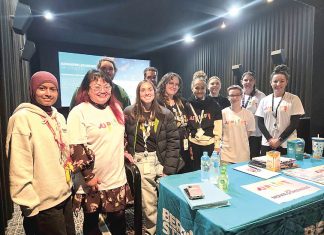Latrobe Valley frontline workers forced to regularly deal with ice-affected individuals are pleased help is on its way.
On Thursday the State Government announced it will implement a $45.5 million Ice Action Plan to combat the drug methamphetamine, commonly known as ice.
Recognising ice users are often aggressive and violent when presenting to health centres, funding has been directed to train workers in responding to drug-affected patients, support for them following incidents of abuse in the workplace and infrastructure to make visitors and workers in health centres safer.
According to a Turning Point report, between 2011 and 2012 there were 77 ice related ambulance callouts, whereas between 2012 and 2013, there were 231.
Welcoming the programs and support, Ambulance Victoria Gippsland regional manager Paul James said the organisation appreciated the plan’s focus on regional areas.
Mr James said while ice abuse callouts were increasing, alcohol remained the biggest single cause of substance abuse call outs with 2594 between 2011 and 2012 and 3692 between 2012 and 2013.
“Only weeks ago, Ambulance Victoria released statistics that showed there were 314 reports of assaults on paramedics in 2013/14 and this is unacceptable,” Mr James said.
“The drug ice is like no other in the way that it can quickly send people out of control.
“There is a high potential for people affected by ice to be aggressive and violent towards those trying to help them.”
A funding injection into rehabilitation services and support for families dealing with ice using family members is also included in the plan.
New laws will also be instated in relation to dealing and manufacturing the drug to make it easier for police to address the issue and extra funding will be provided for drug and booze buses.
Latrobe Police Service Area acting inspector Jason Helps said local police were happy the government recognised the issue.
“We welcome the funding in regards to the drug buses and once we see the legislation we look forward to being able to implement that,” Insp Helps said.
“We look forward to working with the other partner agencies that have received funding to help tackle the issue.”










